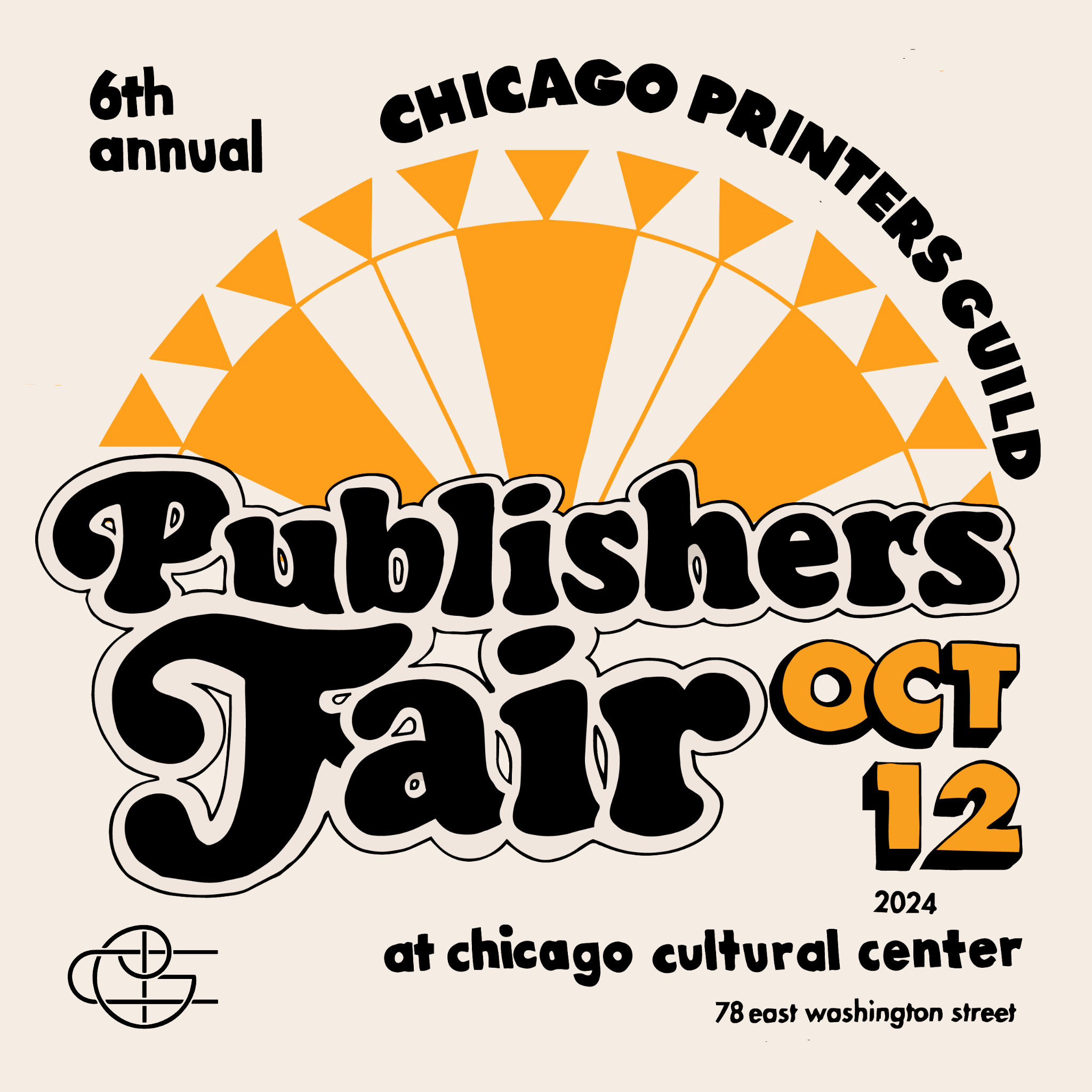
This week, I’ve delved into the Bad at Sports archive and pulled an especially interesting interview with Mark Dion, conducted by Duncan and Brian in June of 2010. Below, excerpts from Mark’s discussion of the joys of being a dilettante:
“I have a lot of interests but I have to keep that somewhat narrow, in a sense. I want to have some degree of expertise. I can’t do everything. I really do feel like it’s my responsible as an artist, that if I’m working around issues of zoology that I have to have a foundation in zoology, and if I’m working in issues of archaeology, I have to know that. So I can’t just jump from one thing to the other in a haphazard way, I do have a responsibility to at least have the core of what that field is. And so it’s difficult. I still am very much a dilettante, not a professional. I’m not an ornithologist or an ichthyologist or a herpetologist or an archaeologist, but I do try to use aspects of their shared methodologies in a way to tease out some of their own prejudices and to look at those fields from a distance. My wife often says, “you’re an archaeologist like Tin Tin is a journalist.”
“Certainly I had to study biology before I started this work in a formal way, but I’ve learned a lot going through these projects and having opportunities such as being artist in residence at the Natural History Museum of London. I do learn a lot by my contexts with these experts. We’re always partnering with other experts in the field, and that’s a big deal, to have someone you can trust who understands the emphasis of your project and can advise you on decisions.
“On one hand, very often I’m working with institutions that are practicing science now, and a lot of the individuals working in them are very tied to the history of that science, and we share an interest in that history and maybe even a passion for the aesthetics of that history. Very often, a lot of [the scientists who work in these institutions], they know by the time they’re 12 or 14 that this is what they want to do. I share that passion and that interest from the early stages, but I still exist as an amateur in a way.
“I could never be a scientist because the rigors of that and the amount of time one has to spend in front of a computer screen or in an office is just overwhelming. I meet people who spend two months in Guyana or wherever doing field work, collecting, and then for the next four years they’re in an office sifting through that material and making sense of it. Taking the road of the artist is the road I’ve chosen…of being a professional dilettante, in a sense. I’d like to rescue that term, “dilettante,” and bring it back…A lot of my work does hearken back to a moment where there’s a collapse of disciplines, to this kind of time where the artist, the scientiest, the poet, the theologian–were the same person.”
Click here to listen to or download the podcast.
- Michelle Grabner, Anthony Elms, Stuart Comer Named Curators of 2014 Whitney Biennial - November 29, 2012
- New Fielding Practice Podcast on the Art21 Blog! Episode 16: Summer Review-O-Rama! - July 19, 2012
- Tom Sanford is a Busy Man…Here’s Why - June 12, 2012





